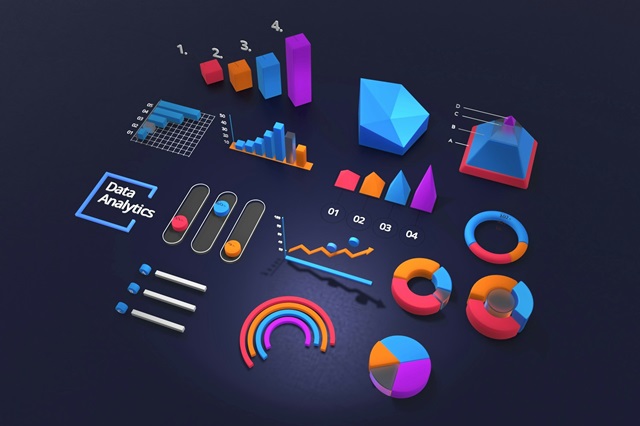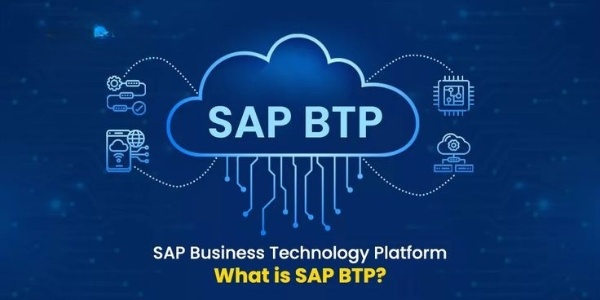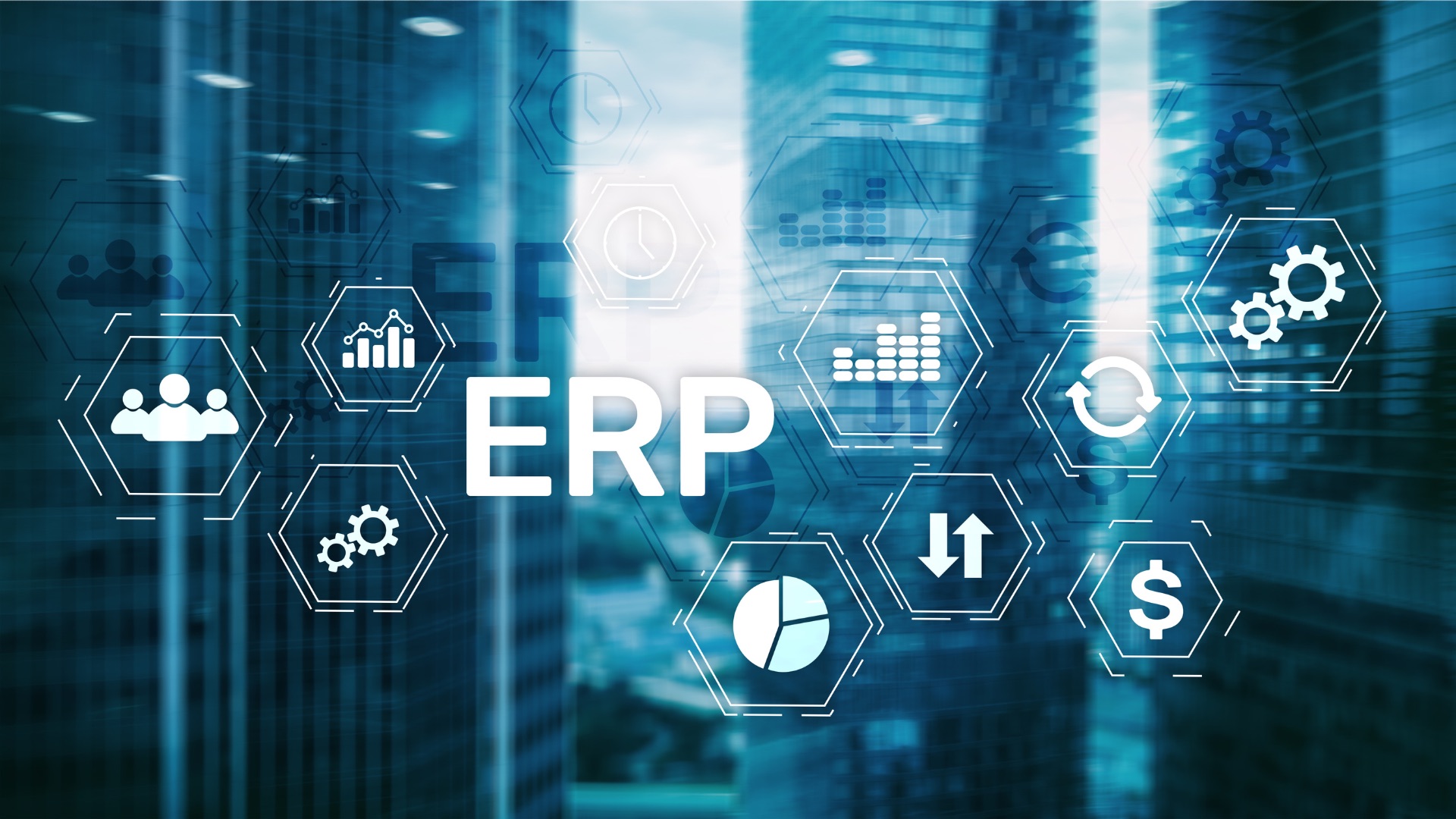
In today’s fast-paced business environment, companies need efficient and scalable systems to manage their operations seamlessly. One of the most effective ways to achieve this is through the implementation of Enterprise Resource Planning (ERP) solutions. ERP systems have evolved into comprehensive tools that integrate various business processes, providing a single platform to manage everything from accounting and supply chain management to customer relationship management (CRM) and human resources. For businesses looking to optimize performance and drive growth, adopting a comprehensive ERP solution is essential. We, at Datafy, help you with the comprehensive ERP services that can take your business to new levels.
What Is ERP?
At its core, an ERP system is a software platform that centralizes and automates the key functions of an organization. It serves as the backbone for all business operations, integrating data from various departments into one unified system. This integration allows for real-time visibility into business processes, better decision-making, and improved collaboration across the organization. By using a single source of truth, ERP systems eliminate data silos, streamline workflows, and enhance efficiency.
How ERP Solutions Benefit Your Business
- Real-Time Data and Analytics:
One of the most significant advantages of ERP systems is the availability of real-time data. Businesses can monitor key performance indicators (KPIs), track progress, and make informed decisions based on current information. Advanced analytics and reporting tools within ERP solutions enable companies to gain valuable insights into their operations and identify areas for improvement. - Enhanced Collaboration Across Departments:
ERP systems break down communication barriers between departments by creating a unified platform where information is shared in real-time. Whether it is the finance team accessing up-to-date sales data or the HR team reviewing employee performance, ERP fosters better collaboration and transparency across the organization. - Improved Efficiency and Productivity:
ERP solutions automate routine tasks and reduce the need for manual data entry, saving time and reducing errors. With all critical data accessible in one platform, employees can work more efficiently, spend less time on repetitive tasks, and focus on higher-value activities. - Scalability and Flexibility:
A comprehensive ERP system is highly scalable, allowing businesses to grow and adapt without the need to constantly change or upgrade their software. Whether you are a small business looking to expand or a large enterprise managing complex operations, ERP solutions can scale according to your needs. - Regulatory Compliance and Risk Management:
ERP systems help organizations comply with industry regulations by providing audit trails, automated documentation, and data security features. For businesses in highly regulated industries like healthcare, finance, or manufacturing, ERP ensures compliance with standards such as GDPR, HIPAA, and SOX. - Better Customer Relationship Management:
Many ERP systems include integrated CRM functionalities that help businesses manage customer interactions, track sales, and improve service quality. With a 360-degree view of customer data, businesses can tailor their offerings and provide personalized experiences to their clients. Our team of experts at Datafy team ensures excellent productivity for your business enterprise resource planning systems.
How to Choose the Best ERP Solution for Your Business
Selecting the right ERP solution requires careful consideration of your business needs, size, and industry. While some organizations may benefit from a standard ERP system with out-of-the-box features, others may need customized ERP solutions to meet specific requirements. Choose Datafy and be at ease with ERP solutions for your business. These factors should be considered when choosing an ERP system:
- Cloud vs. On-Premise: Cloud-based ERP solutions offer flexibility, scalability, and reduced IT costs, while on-premise ERP systems provide more control over data and infrastructure. Businesses should weigh the pros and cons of each based on their needs.
- Customization and Integration: Ensure that the ERP system you choose can be easily customized to fit your unique business processes and can integrate with existing software tools like CRM or e-commerce platforms.
- User Experience: An intuitive, user-friendly interface is essential for ensuring smooth adoption of the system by employees. Datafy ERP services should be easy to use and require minimal training for effective implementation.
- Scalability: Datafy helps you find the best ERP system that can grow your business. It should be able to accommodate additional users, data, and business processes as your organization expands.
ERP: Transforming Business Operations for Greater Efficiency
ERP systems are revolutionizing the way businesses operate by centralizing critical functions like finance, human resources, inventory management, and supply chain into a unified platform. By providing real-time visibility into operations, Datafy ERP systems enable businesses to make informed decisions faster, automate routine tasks, and eliminate data silos across departments. This integration enhances efficiency, reduces operational costs, and improves collaboration among teams. With ERP systems, businesses can streamline workflows, optimize resource allocation, and scale more effectively, positioning themselves for growth in an increasingly competitive marketplace. As ERP continues to evolve with cloud, AI, and IoT integrations, it is becoming a key driver of innovation and digital transformation across industries.
Core Components of a Comprehensive ERP Solution
A well-rounded ERP system typically includes the following core modules:
- Financial Management: Handles accounting, financial reporting, budgeting, and tax management.
- Supply Chain Management: Streamlines the procurement, production, and distribution processes.
- Inventory and Warehouse Management: Optimizes inventory levels, reduces wastage, and tracks stock movement in real-time.
- Human Resources Management (HRM): Manages employee data, payroll, benefits, recruitment, and performance evaluations.
- Customer Relationship Management (CRM): Tracks customer interactions, manages leads and opportunities and enhances customer support.
- Manufacturing and Production: Supports planning, scheduling, and executing production processes for manufacturing companies.
- Sales and Order Management: Datafy ERP implementation Automates the entire sales process, from generating quotes to managing orders and processing payments.
Conclusion
In an era where data-driven decision-making and operational efficiency are the backbone of success, investing in a comprehensive ERP implementation is a strategic move for businesses of all sizes. Datafy is the solution you are looking for, whether you are looking to streamline operations, improve collaboration, or gain real-time insights into your business, ERP systems offer a range of powerful tools to help you stay competitive and drive growth.
With the right Datafy ERP solution in place, businesses can not only achieve their operational goals but also position themselves for long-term success in a rapidly evolving marketplace.













